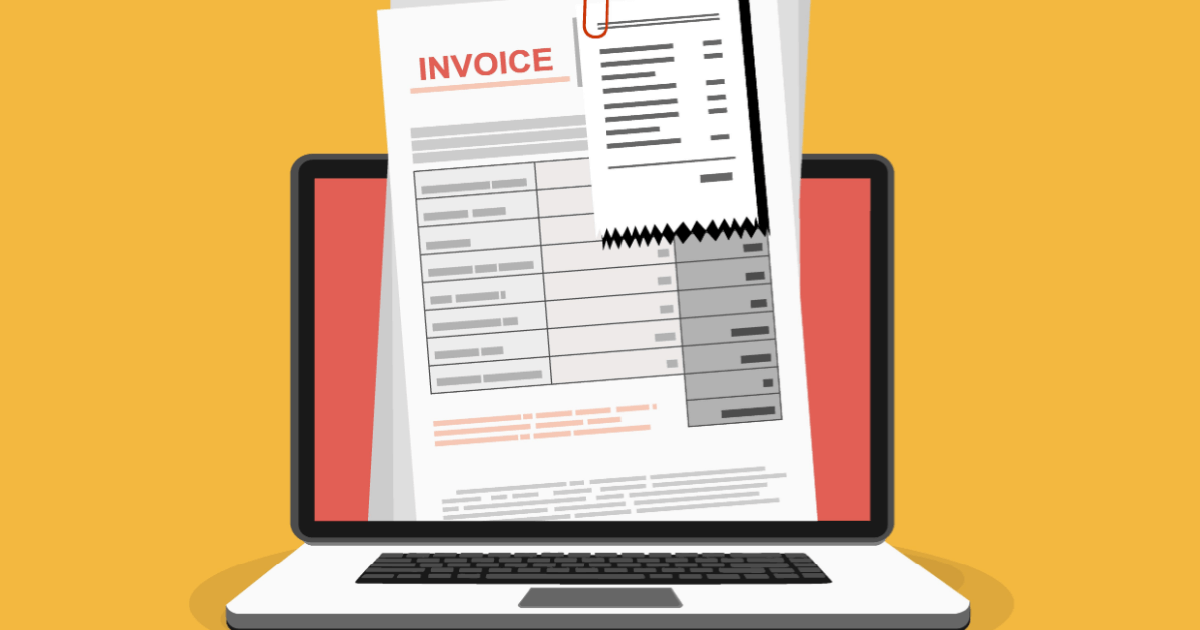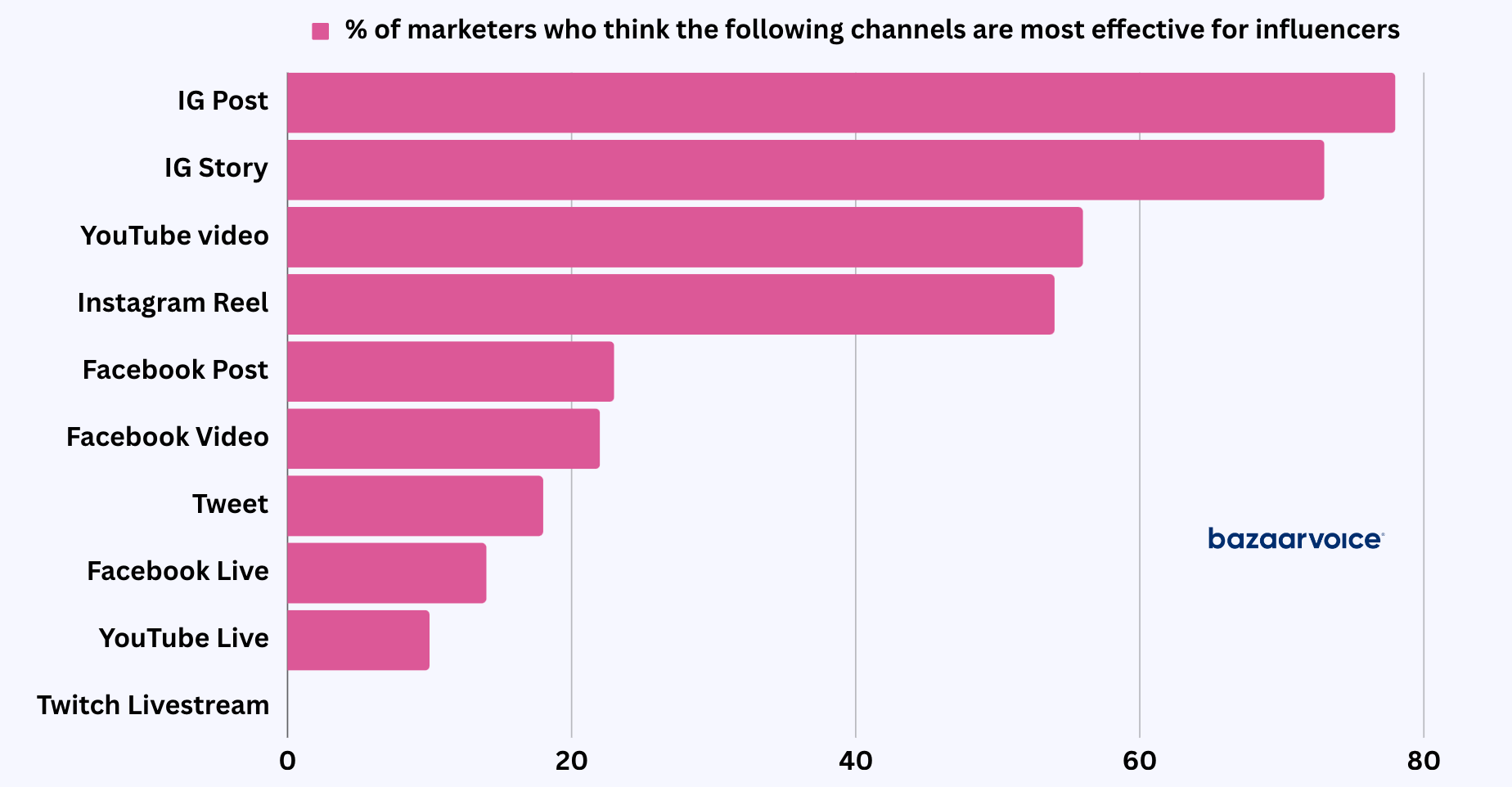
Is your brand interested in working with influencers but you’re unsure how much an influencer marketing campaign typically costs? Or have you ever caught yourself wondering how much money influencers make? That’s where influencer rate cards come in.
An effective budget is part and parcel of every marketing campaign. Regardless of the size of your department’s budget, it’s always important to justify your marketing spend by determining the ROI of your marketing campaign. In other words, you need more bang for your buck.
The good news is, on average businesses can see an ROI of $6.50 in revenue for every $1 spent on influencer marketing. And it should be noted that according to Influencer Marketing Hub, 49% of brands still pay influencers a flat rate, but now 42% of brands are by paying a percentage of any sales made as a result of the influencer’s content, which obviously differs from their rate cards.
Influencer rates aren’t always transparent and brands can often struggle to find the right influencer to work with. Firstly, you want to make sure that you’re not charged unfairly or paying above market rate.
And secondly, to run a cost-effective campaign it’s not only important to find the right influencer to maximize your marketing spend, but also one that falls within your budget. Which is why influencer rate cards exist.
What is an influencer rate card?
An influencer rate card is a document that calculates the price of all services an influencer provides. Sometimes known as influencer rate sheets, these cards tend to list price per post, the platforms they use, and the types of brands they’re willing to work (or not work) with.
The first thing you should know is how to get the conversation started on price. Similar to traditional advertisers, an influencer will usually have a rate card to indicate what services they offer and how much they charge.
Prices usually vary depending on the number of followers influencers have as well as the type of content they’re expected to produce. Other factors shaping influencer rates include:
- Industry. Prices can vary hugely between apparel and travel and health & beauty, even with the same follower count
- Re-usage rights. Depending on where you plan to use your influencer’s content will affect the price. Re-using an image on your product page might be cheaper than using it on a billboard, for example
- Channel type. Bigger social channels like TikTok and Instagram are (usually) a much different price to smaller channels like Snapchat
- Engagement. Prices will vary based on an influencer’s engagement (more on that to follow)
The basic rate is roughly $100 for every 10,000 followers worldwide and this naturally increases as we go up the influencer tiers.
Rates are also generally higher and when more time and effort is needed to create quality content, as well as the actual length of the content. Hence, while videos generate impressive results, they inevitably come with a heftier price tag too.
Niche influencers as well as influencers with high engagement rates also command more bargaining power as they have a unique and engaged community of followers. For example, prices for tech and gaming influencers tend to be lower as there are fewer available influencers.
Factors that affect influencer rate cards
In spite of the figures shown above, keep in mind that there’s no “one size fits all” rate card when it comes to influencer marketing. The beauty of influencer marketing lies in the diverse content formats and channels for brands to choose from. With the rise of multi-channel influencers, you can also choose to promote your brand on more than one channel at the same time.
Influencer package rates
As well as considering multiple platforms, it’s also worth considering multiple types of content to create a holistic influencer marketing campaign for better engagement rates.
Most influencers tend to offer package rates for social platforms, like on Instagram. The most popular combination is Instagram Posts together with Stories, while some custom packages also include Instagram Videos. So, should you consider package rates? Absolutely.
Given the popularity of Instagram Stories, brands who can engage consumers via Instagram Stories will stand to have additional touchpoints. Not only so, package rates are just slightly more, or even comparable, to individual posts. For example, a lifestyle influencer with around 19k followers on her Instagram shared her specific rates which includes different package options:
IG Post: $151 – $200
IG Story: $51 – $100
IG Post + IG Story: $151 – $200
FB Post: $151 – $200
IG Post + FB Post: $151 – $200
While it may come as a surprise, the price range doesn’t alter significantly with additional services for some influencers. After all, sharing the same content on other channels just takes a simple click. Hence, brands can try to negotiate a better deal by leveraging on other channels offered by an influencer and reach a wider target audience at the same time.
Social channel
Speaking of channels and rates, specific channels have an influence on how much an influencer costs. The same influencer may charge different prices for posts on different platforms. But another influencer may charge the same amount per platform, regardless of follower count.

Work with the right influencers
The rule of thumb generally is that “The lower the influencer tier, the higher your marketing ROI.” When it comes to the size of the influencer you should approach, micro-influencers are a dominant force driving influencer marketing and serve as key opinion leaders in their community. Nano- and micro-influencers have proven they can engage audiences and deliver high ROI, allowing businesses with smaller budgets to run influencer marketing campaigns.
According to Instagram research of over 800,000 accounts, the engagement rate for mega influencers is 1.6% whereas for nano-influencers is 8.8%.
Nano-influencers are actually the most popular tier of influencers and have the highest engagement rate. With a well-defined niche and real influence in their community, they’re a great option to work despite lower follower counts.
Moreover, they are also more likely to accept in-kind influencer campaigns which can help to increase your brand awareness by offering your products or services to them for free. For smaller businesses, working with nano-influencers can help to save costs and reach your target audience more effectively.
How to find an influencer within your budget
Not sure where to start or confused by the numbers? Influencer rate cards have the answers you need. But if that’s daunting or you don’t have the time to handle it, Bazaarvoice affable.ai can help you to simplify things. Get price estimates for influencers around the world and determine your campaign’s effectiveness by knowing the earned media value.
More importantly, we all know how important it is to work with the right influencers who can deliver results. With an AI-driven Instagram analytics platform, you can now choose the right influencers based on audience demographics and engagement rate who will deliver you the best possible ROI. Read more about it here or get in touch below to learn more.
Get started



